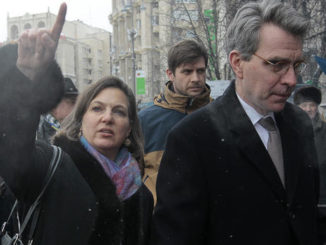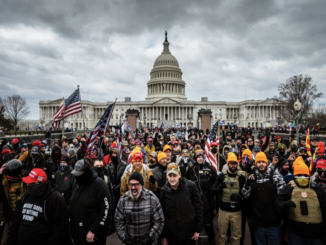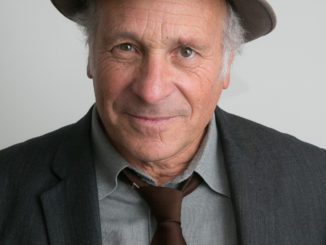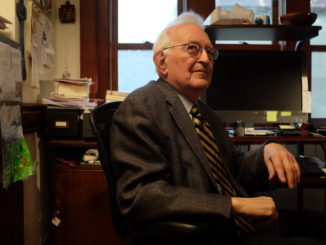
Will the Senate Confirm Coup Plotter Nuland?
Most Americans have no idea that President-elect Biden’s pick for Deputy Secretary of State for Political Affairs is stuck in the quicksand of 1950s U.S.-Russia Cold War politics and dreams of continued NATO expansion, an arms race on steroids and further encirclement of Russia. Nor do they know that from 2003-2005, during the hostile U.S. military occupation of Iraq, Nuland was a foreign policy advisor to Dick Cheney, the Darth Vader of the Bush administration.You can bet, however, that the people of Ukraine have heard of neocon Nuland. Many have even heard the leaked four-minute audio of her saying “Fuck the EU” during a 2014 phone call with the U.S. Ambassador to Ukraine, Geoffrey Pyatt.



